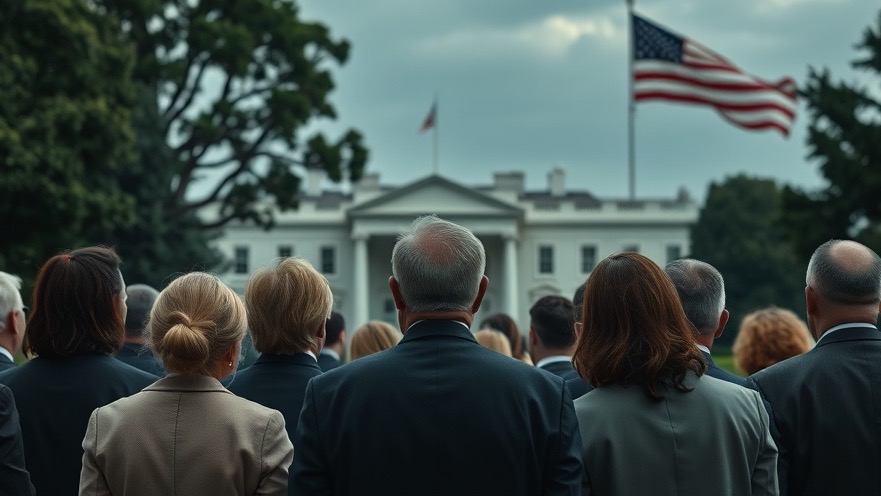
A Call to Acknowledge the Dangers of Identity Politics
The recent assassination of Charlie Kirk has sent shockwaves across the nation, amplifying an urgent discussion around identity politics. In his latest prayer session, Dutch Sheets evokes a clarion call, urging us to recognize the perilous effects of identity politics that have deeply divided America. The poisonous narrative that portrays conservatives as oppressors and vilifies differing viewpoints is not just rhetoric; it’s a strategic tactic employed by those who thirst for power.
In The Danger of Identity Politics, Dutch Sheets presents a sobering view of the current political climate, prompting deeper reflections that merit exploration.
Understanding Identity Politics: A Nation Divided
Identity politics, by its nature, capitalizes on divisions rather than fostering unity. It thrives on the notion that grievances should dictate political engagement, propagating fear and resentment instead of dialogue and understanding. In his prayer, Sheets highlights how the division is reminiscent of the racial conflicts of the 1960s, emphasizing the chilling reality that America finds itself in a similar state of racial discord.
The Historical Context and Its Consequences
The last half-century in America has seen significant strides in racial equality, including the election of a black president. However, that progress is now overshadowed by a growing rift. Dutch Sheets notes the alarming efforts by some factions to undermine these advancements for political gain. Instead of celebrating unity, they sow distrust among communities, jeopardizing the hard-fought peace that many have worked tirelessly to achieve.
The Role of Media and Manipulation in Politics
The media's hunger for sensationalism often exacerbates these divisions. We witness a concerning trend where honest policy disagreements are recast as tribal betrayals, feeding into a culture of hostility and division. Sheets articulates the necessity for leaders who inspire reason, empathy, and cooperative discourse instead of those who thrive on caricaturing opposing views.
Restoration Through Faith and Unity
As we navigate these turbulent waters, Sheets emphasizes the importance of relying on our faith. A genuine revival is sought, calling for a transformation in the hearts of Americans. This revival is not one of superficial agreement but a deeper understanding that differences do not necessitate hatred. Love should guide our dialogues, allowing for constructive discourse that doesn’t point fingers or assign blame.
Actionable Insights for Personal and Community Growth
In his compelling prayer, Sheets encourages intercessors and believers to engage in spiritual warfare against the root of division—hatred. Christians are called not only to pray against these forces but also to act in love, promoting understanding in their communities. This commitment to love fosters an environment where discussions on race, identity, and politics can occur without animosity.
Conclusion: A Plea for Revival
As we reflect upon the tragic events surrounding Charlie Kirk’s assassination and the broader implications of identity politics, we must strive for a return to unity. His death should not lead to greater division but serve as a wake-up call, prompting us to engage with one another in love rather than animosity. As David Reynolds aptly concludes, the call for revival is now more critical than ever; may we be the ones to answer it.
 Add Row
Add Row  Add
Add 




Write A Comment